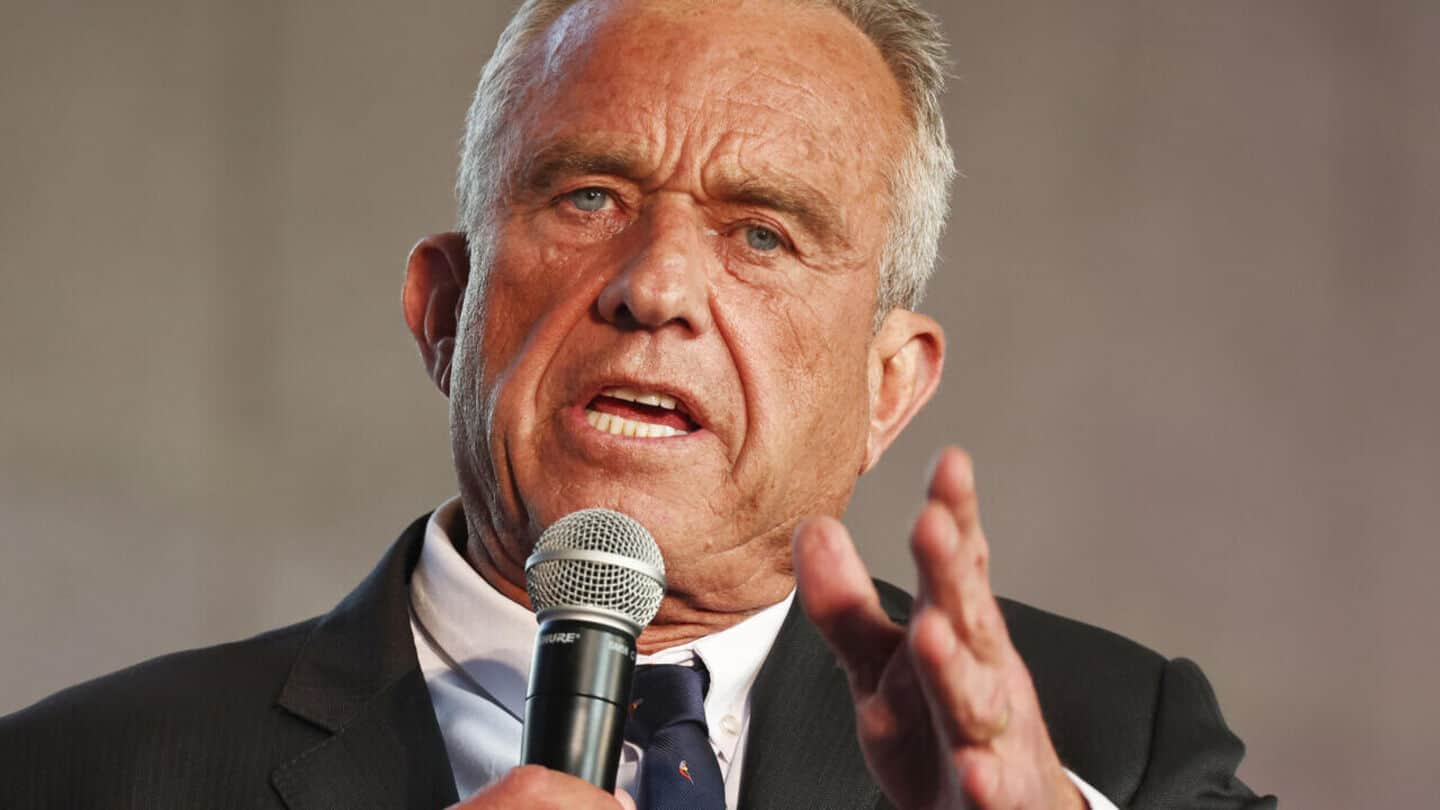
US health secretary's autism study sparks public health concerns
What's the story
United States Health Secretary Robert F. Kennedy Jr's recent autism study has alarm bells ringing in the medical community.
The study seeks to examine what he calls the "autism epidemic." However, experts say it could revive debunked claims connecting vaccines and autism—a narrative Kennedy has earlier championed.
Speaking on Thursday, Kennedy said hundreds of scientists would participate in the study and promised results by September.
Bias allegations
Autism organizations express concerns over potential bias
Autism organizations and health experts have quickly reacted to Kennedy's announcement.
The Autistic Self Advocacy Network has argued that the study might be biased and could fit into pre-existing beliefs of both Kennedy and President Donald Trump.
The organization also accused the health department of planning "fraudulent research," news agency AFP reported.
Expert rebuttal
Medical experts debunk vaccine-autism link
Doctors have categorically said that vaccination does not lead to autism.
French child psychiatrist Hugo Peyre condemned Kennedy's statements, saying they showed a complete ignorance of scientific evidence.
Thomas Bourgeron, head of the human genetics and cognitive functions lab at France's Pasteur Institute, said almost 200 genes have been identified with autism, and nearly 80% of cases can be attributed to genetic mutations.
Data dispute
WHO data counters 'epidemic' narrative
According to the World Health Organization (WHO), about 1% of children currently have autism—a number that has risen over the years due to increased awareness and wider definitions.
Experts say calling it an "epidemic" is misleading.
They warn that spreading discredited theories could reduce vaccination rates, endangering public health, as seen in a recent measles outbreak in the US, where most patients were unvaccinated.